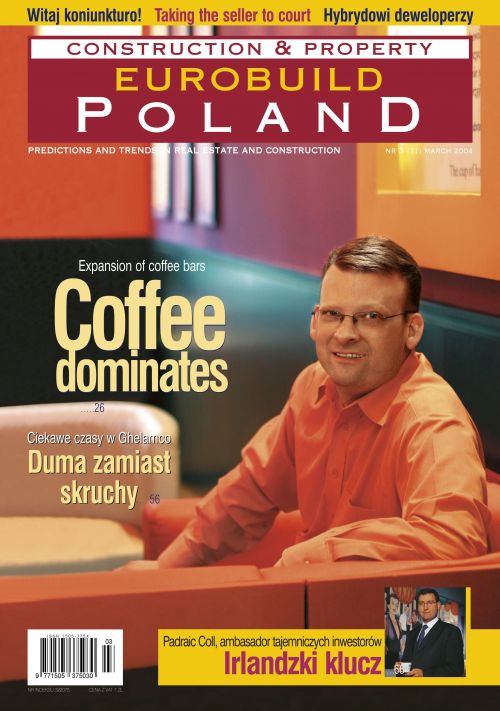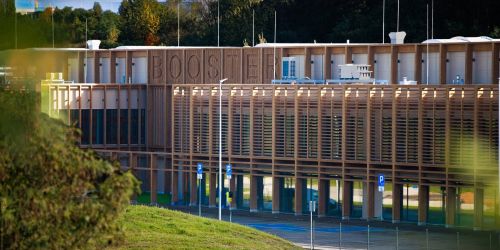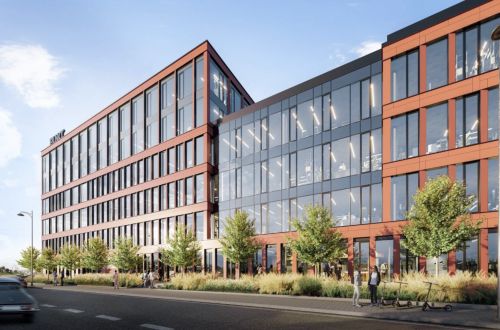Risk is a major item in the cost calculation of a developer of speculative
space. A general unpleasant experience for
a developer is the eight months his building will stand empty. In the case
of a warehouse of some 8,000 sqm floor space, a calculation displays a
financial loss of 8 months times 8,000 sqm x 3 EUR/sqm = 192,000 Euro. In a
word,
a speculative developer should expect that he will not receive such a rent.
Clearly he will be delighted should he manage to rent the space before 8
months have passed.
Less waiting
The Europa Park logistics centre in Mszczonów will expand by two warehouses,
each of 13,000 sqm floor space, as the result of a EUR 15 million credit
line from the European Bank of Reconstruction and Development. The Europa
Distribution Centre which is the project's developer, started building
operations without contracting a warehouse space tenant. The obvious
question is: "Why did he decide to take such a risk?"
Paweł Pia

























































